Carbon taxes may be unsustainable tools as political and price realities begin to sink in — and they aren’t the only policy option at politicians’ disposal.
Eight years ago, Mark Jaccard, a sustainable energy economist at Simon Fraser University, co-authored a paper that warned of the “severe political consequences” that would be faced by a federal government that chose to rely exclusively or primarily on carbon taxes to fuel a climate action strategy.
Recent polling suggests that, while British Columbians support climate action policies, that support decreases the more that those policies cost them. Now that carbon tax increases are getting costly enough to have their intended effect, which is to deter people from using fossil fuels, inflation-fatigued Canadians are starting to revolt against them.
“In a democratic system like Canada, politicians can’t get too far ahead of their voters on issues,” said Barry Penner, chair of the Energy Futures Initiative, a new B.C. energy policy think-tank. “And if the voters decide that various forms of climate action are too expensive or not working properly, it poses a real threat that climate action policies will be unwound.”
“I think governments have to be willing to adjust their timelines and possibly their policies because public support for climate action waxes and wanes.” Should the carbon tax be axed in Canada, it would still be possible to have effective climate action policies, Jaccard said, although he added that politicians vowing to “axe the tax” need to state what other policies they would implement.
“Definitely part of the problem is that they abandoned revenue neutrality,” he said. “If they were truly interested in reducing emissions, while continuing to foster investment and make business viable, they would provide some offsetting tax relief.”
Canada Latest News, Canada Headlines
Similar News:You can also read news stories similar to this one that we have collected from other news sources.
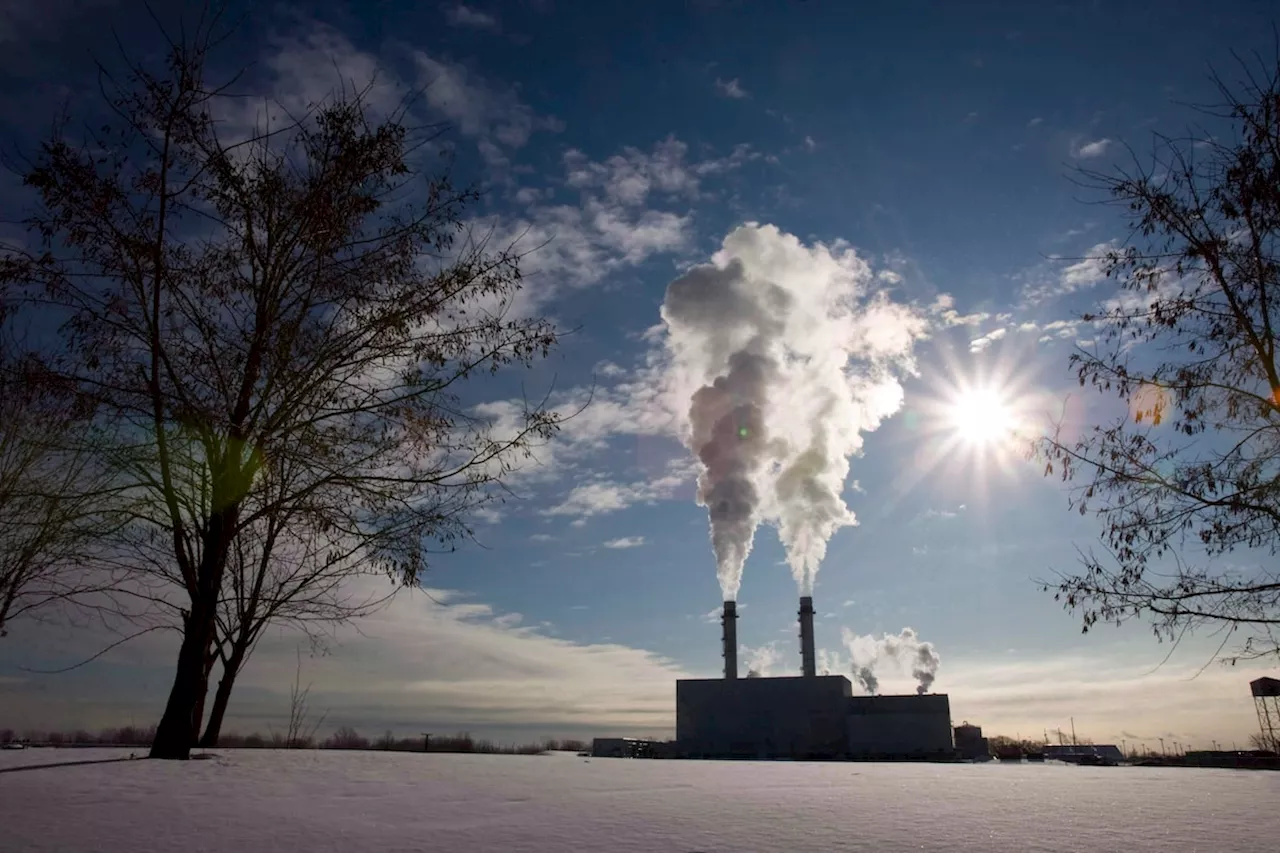 Carbon pricing is still the best way we have to support low-carbon economic growthIn spite of the criticisms, Canada’s carbon pricing policies remain the lowest-cost way to reduce emissions while spurring clean innovation and a low-carbon economy
Carbon pricing is still the best way we have to support low-carbon economic growthIn spite of the criticisms, Canada’s carbon pricing policies remain the lowest-cost way to reduce emissions while spurring clean innovation and a low-carbon economy
Read more »
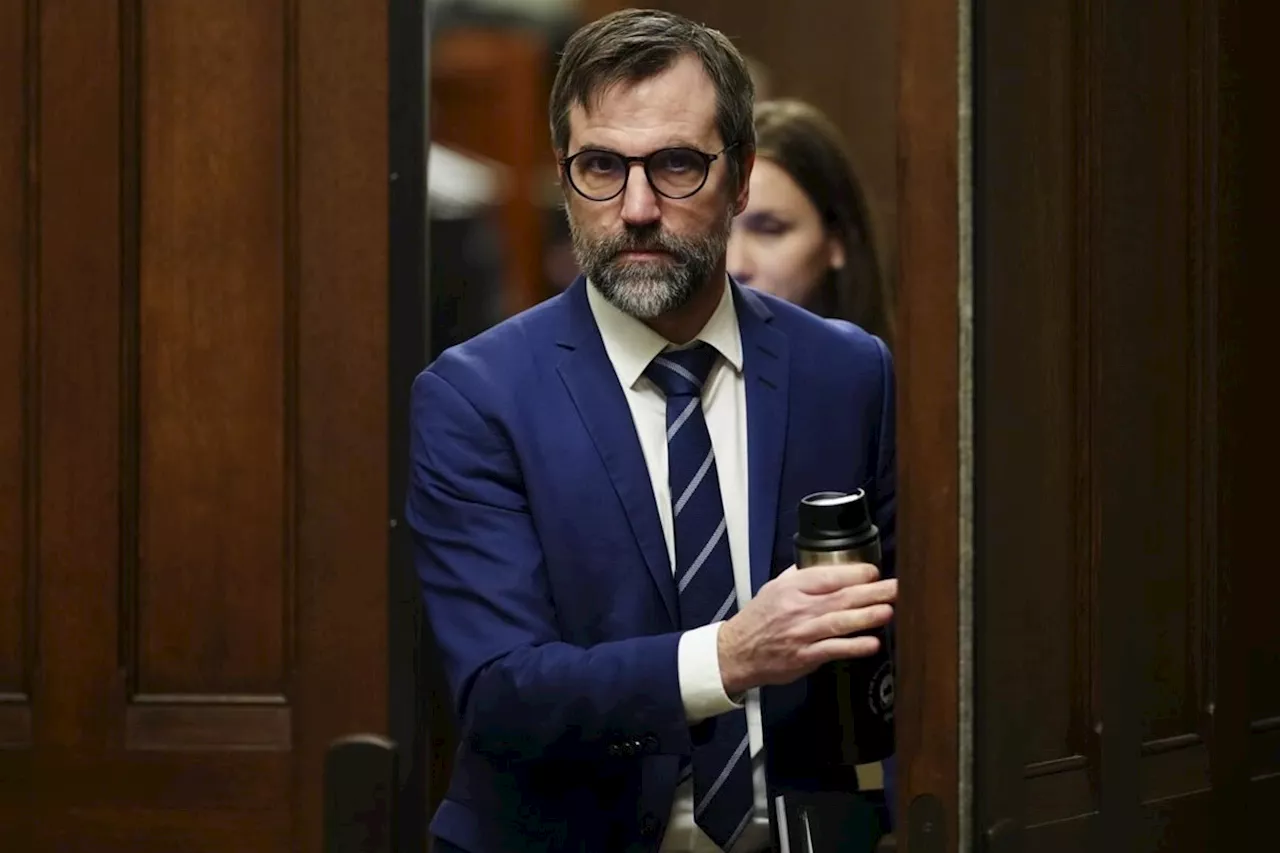 Ottawa to force banks to call carbon rebate a carbon rebate in direct depositsOTTAWA — Canadian banks that refuse to identify the carbon rebate by name when doing direct deposits are forcing the government to change the law to make them do it, says Environment Minister Steven Guilbeault.
Ottawa to force banks to call carbon rebate a carbon rebate in direct depositsOTTAWA — Canadian banks that refuse to identify the carbon rebate by name when doing direct deposits are forcing the government to change the law to make them do it, says Environment Minister Steven Guilbeault.
Read more »
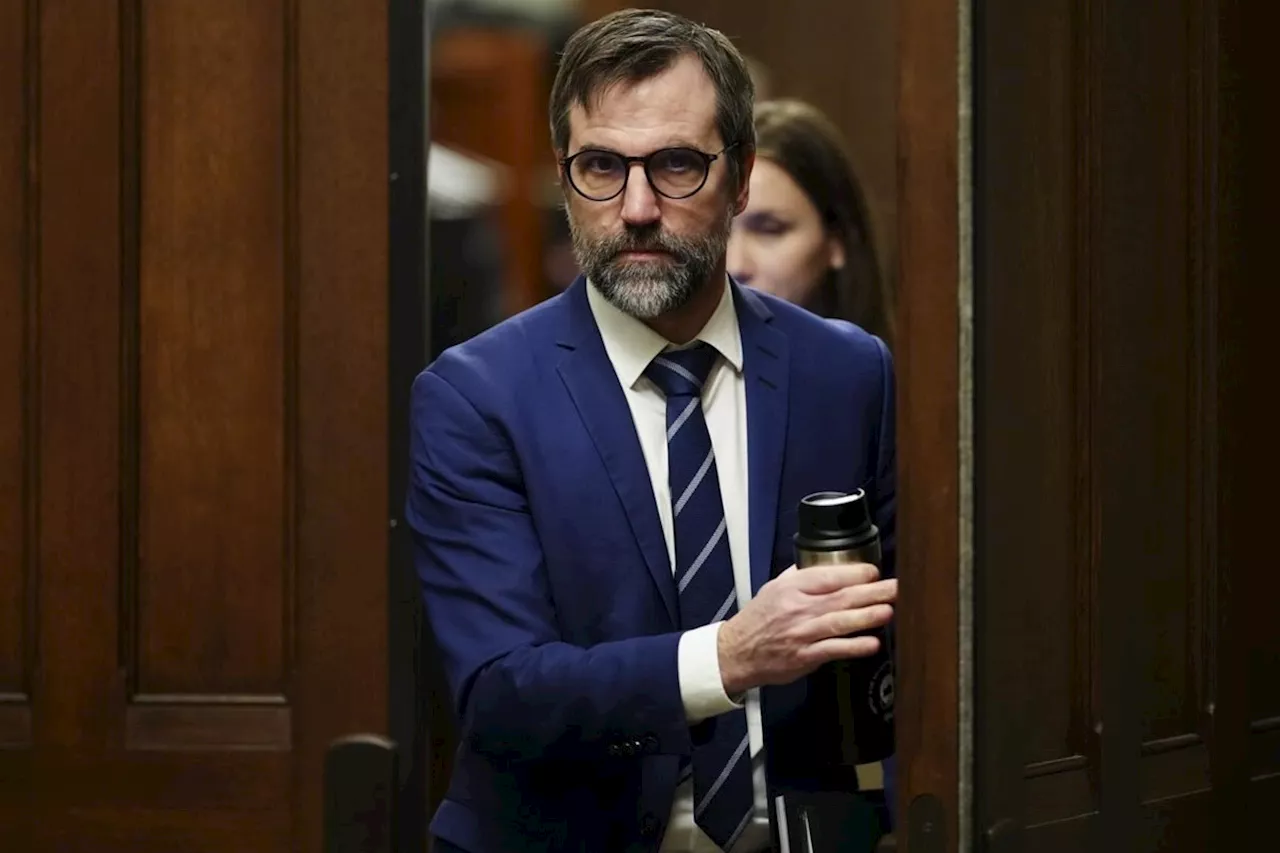 Ottawa to force banks to call carbon rebate a carbon rebate in direct depositsOTTAWA — Canadian banks that refuse to identify the carbon rebate by name when doing direct deposits are forcing the government to change the law to make them do it, says Environment Minister Steven Guilbeault.
Ottawa to force banks to call carbon rebate a carbon rebate in direct depositsOTTAWA — Canadian banks that refuse to identify the carbon rebate by name when doing direct deposits are forcing the government to change the law to make them do it, says Environment Minister Steven Guilbeault.
Read more »
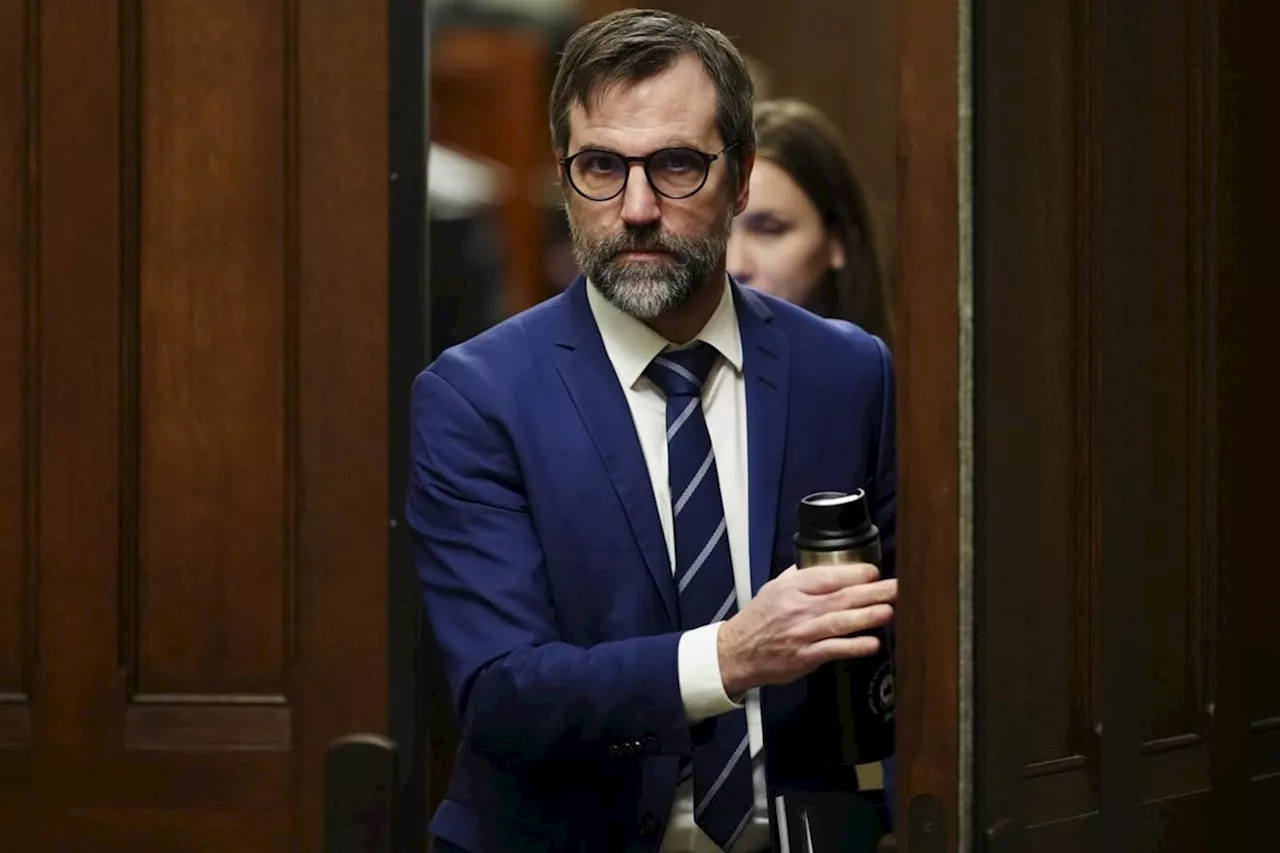 Ottawa to force banks to call carbon rebate a carbon rebate in direct depositsOTTAWA — Canadian banks that refuse to identify the carbon rebate by name when doing direct deposits are forcing the government to change the law to make them do it, says Environment Minister Steven Guilbeault.
Ottawa to force banks to call carbon rebate a carbon rebate in direct depositsOTTAWA — Canadian banks that refuse to identify the carbon rebate by name when doing direct deposits are forcing the government to change the law to make them do it, says Environment Minister Steven Guilbeault.
Read more »
 Ottawa to force banks to call carbon rebate a carbon rebate in direct depositsOTTAWA — Canadian banks that refuse to identify the carbon rebate by name when doing direct deposits are forcing the government to change the law to make them do it, says Environment Minister Steven Guilbeault.
Ottawa to force banks to call carbon rebate a carbon rebate in direct depositsOTTAWA — Canadian banks that refuse to identify the carbon rebate by name when doing direct deposits are forcing the government to change the law to make them do it, says Environment Minister Steven Guilbeault.
Read more »
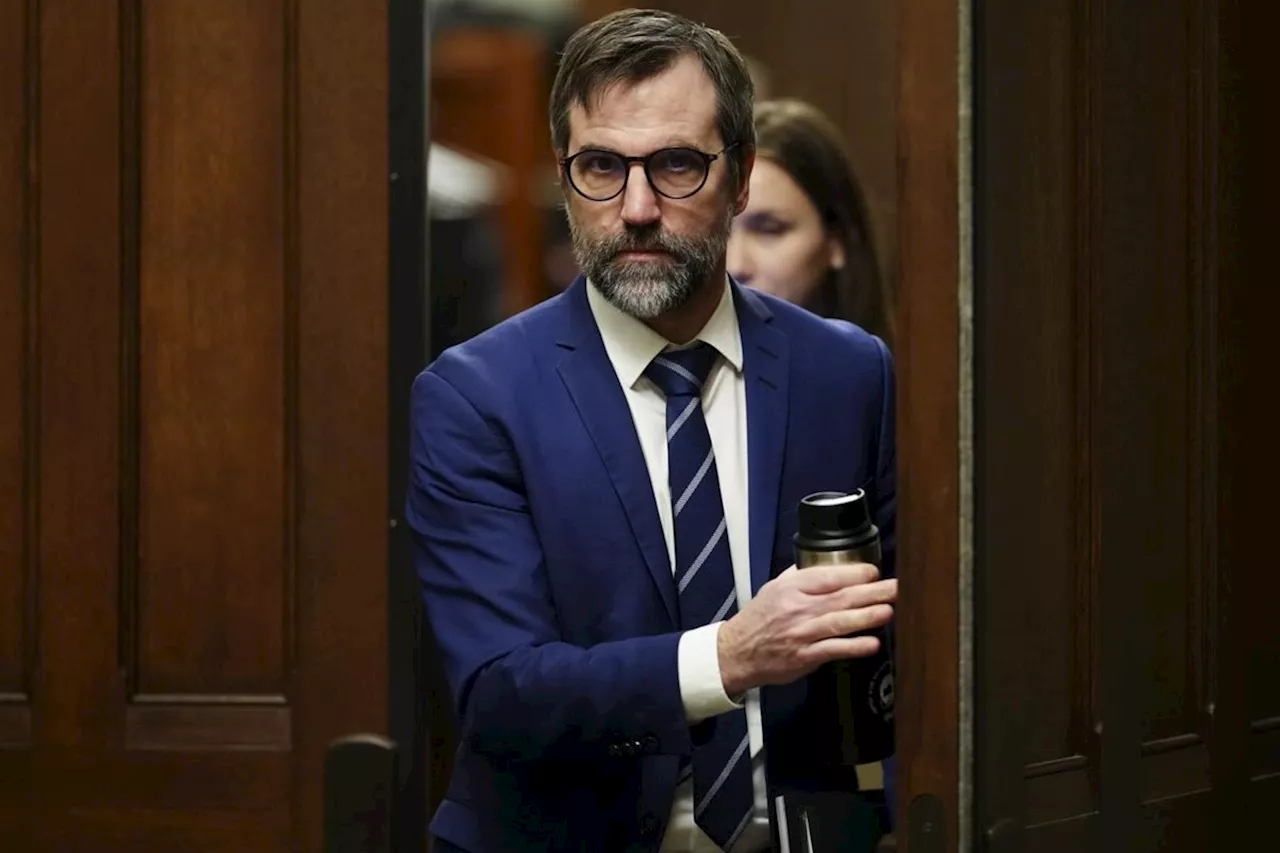 Ottawa to force banks to call carbon rebate a carbon rebate in direct depositsOTTAWA — Canadian banks that refuse to identify the carbon rebate by name when doing direct deposits are forcing the government to change the law to make them do it, says Environment Minister Steven Guilbeault.
Ottawa to force banks to call carbon rebate a carbon rebate in direct depositsOTTAWA — Canadian banks that refuse to identify the carbon rebate by name when doing direct deposits are forcing the government to change the law to make them do it, says Environment Minister Steven Guilbeault.
Read more »
